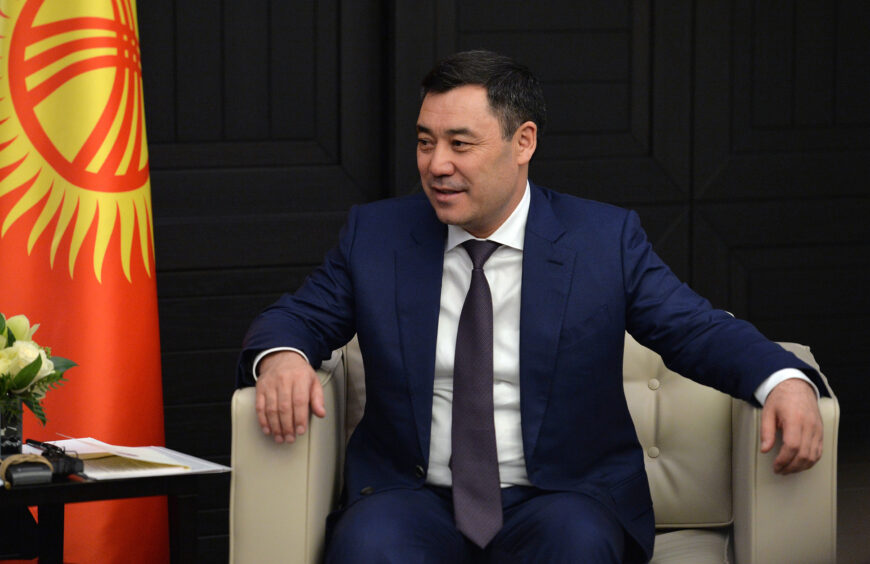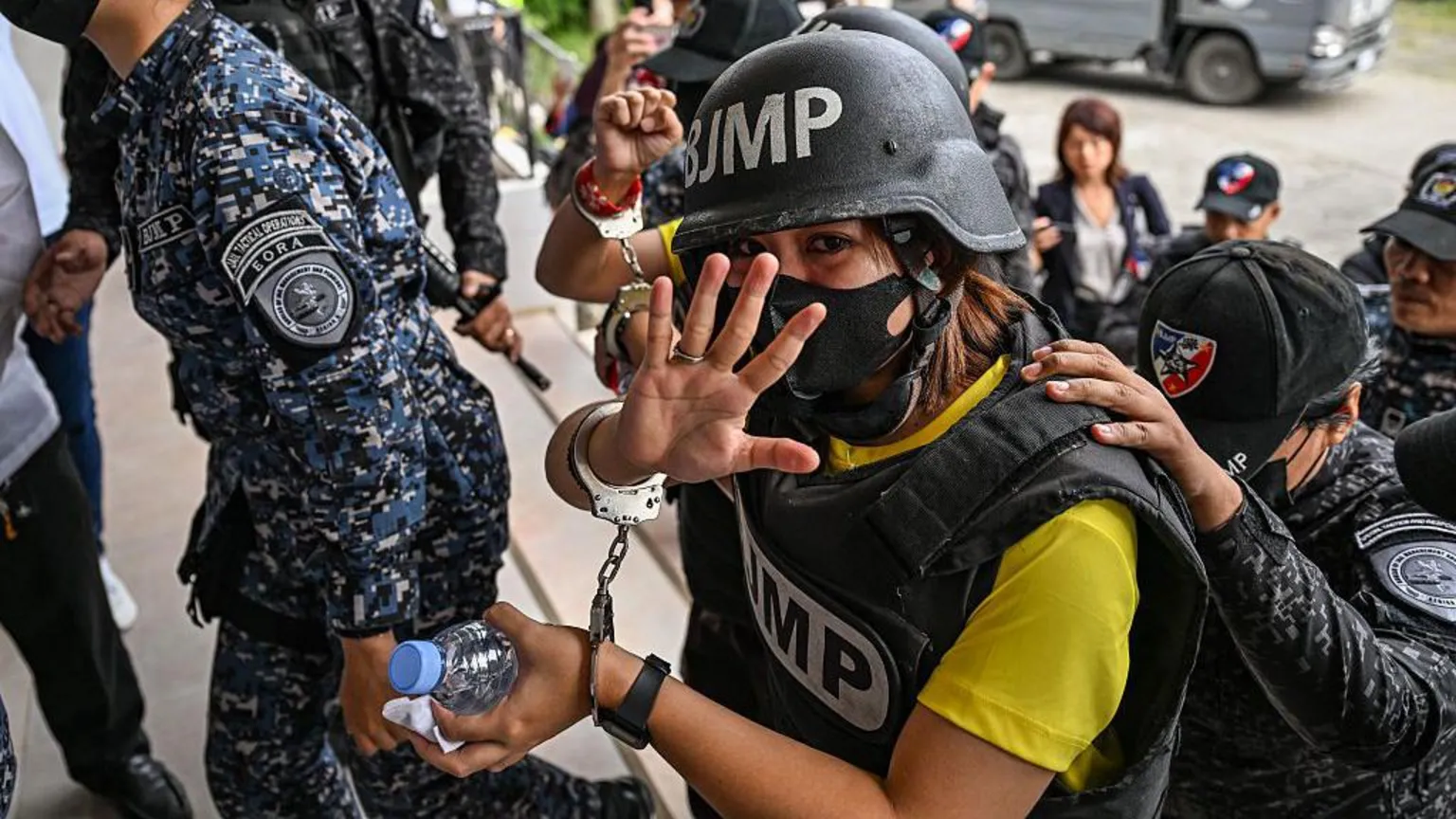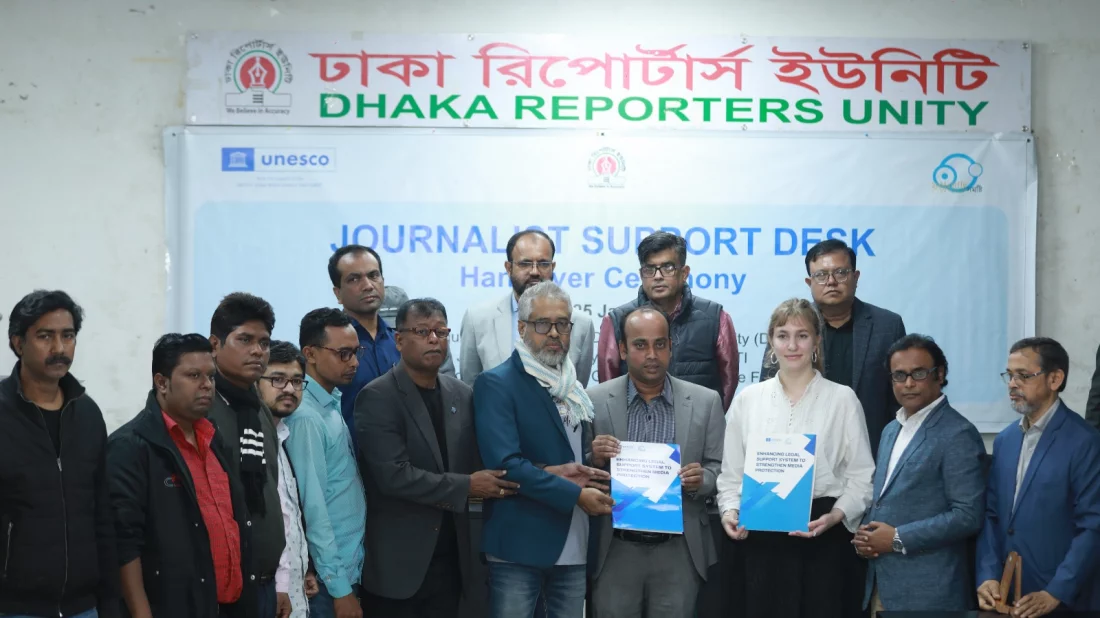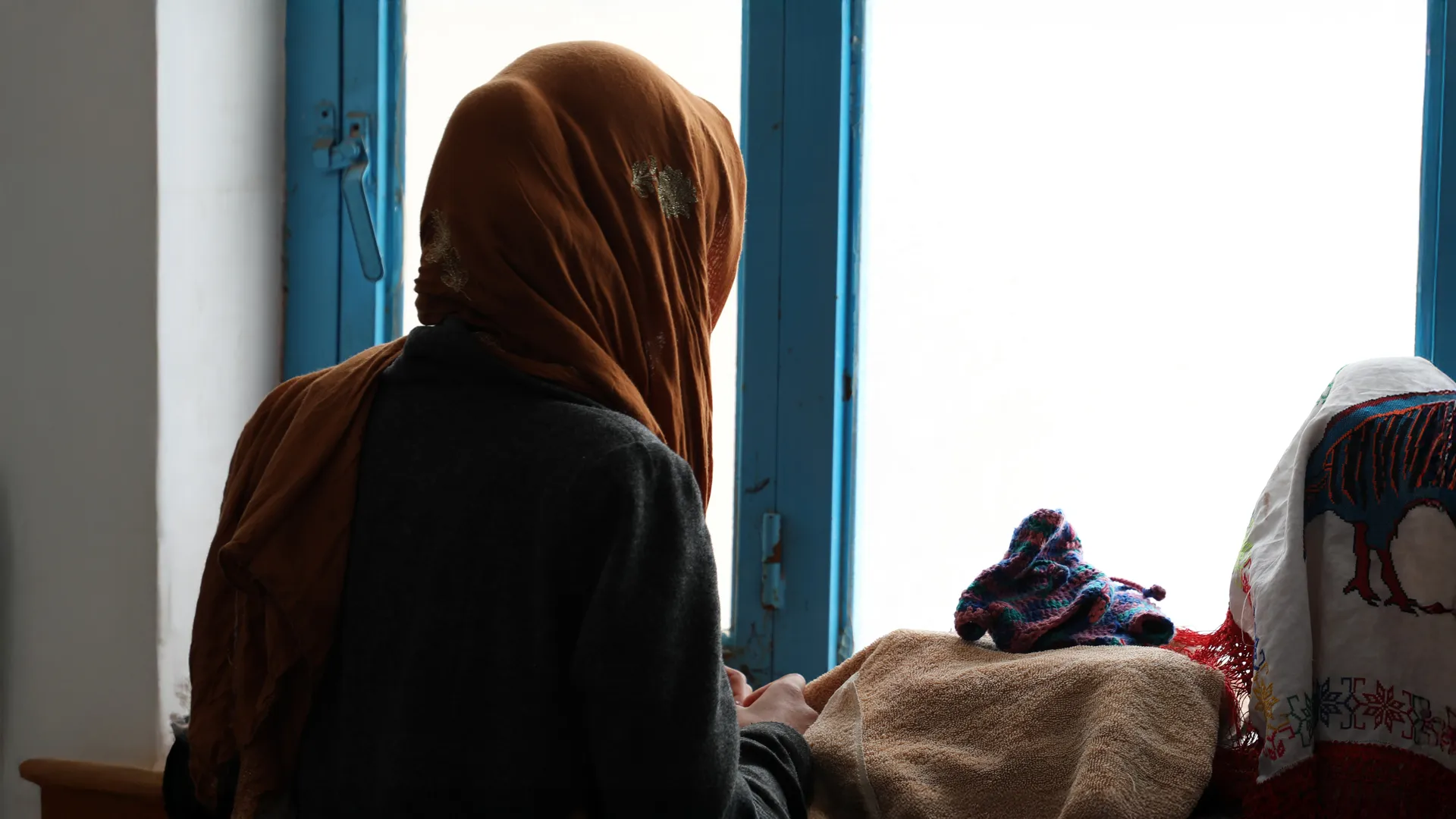
Inquiry Submission Raises Red Flags Over Journalist Surveillance in Northern Ireland
November 11, 2025
Cameroonian Journalist Hans Achomba Disappears, Sparking International Urgency
November 12, 2025November 11, 2025 – Kyrgyzstan –
The independent press environment in Kyrgyzstan is under serious threat as authorities move to label major investigative media outlets as “extremist” and apply sweeping legislation against journalists critical of the government. According to civil-society organisation ARTICLE 19, a district court in the capital Bishkek on 27 October 2025 declared three prominent outlets—Kloop, Temirov Live, and Ayt Ayt Dese—along with their founders, to be “extremist organisations”, thereby banning their operations and rendering any engagement with their content potentially criminal.
The ruling cited vaguely defined offences such as “information extremism” and “psychological terrorism” and accused the outlets of creating a “negative attitude” toward the government—even though the decision did not specify which particular content or actions triggered the designation. ARTICLE 19 emphasises that Kyrgyzstan’s extremism laws contain overly broad terminology, granting authorities excessive discretion and enabling arbitrary enforcement that undermines the right to freedom of expression.
The implications for journalists and citizens alike are stark. Once a publisher or outlet is designated extremist, even passive acts such as liking, reposting, or sharing their content online can expose individuals to potential criminal liability. This creates a pervasive chilling effect, discouraging not only media professionals but the broader public from engaging in independent or critical discourse.
ARTICLE 19 is calling on Kyrgyz authorities to immediately reverse these bans, ensure no journalist or outlet is targeted under extremism laws as a guise for suppressing dissent, and to revise the legislation to align with international standards such as the International Covenant on Civil and Political Rights (ICCPR). They also recommend that media guaranteed registration procedures be simplified and that definitions of ‘extremism’ be clearly and narrowly defined so as not to capture ordinary journalistic activity.
Unless decisive reform is undertaken, Kyrgyzstan risks sliding further from what was once considered one of Central Asia’s more open media climates. The targeting of independent outlets signals a worrying trend: journalism that holds power to account may increasingly find itself criminalised rather than protected.
Reference –
https://www.article19.org/resources/kyrgyzstan-revise-extremism-laws-and-stop-targeting-journalists/




